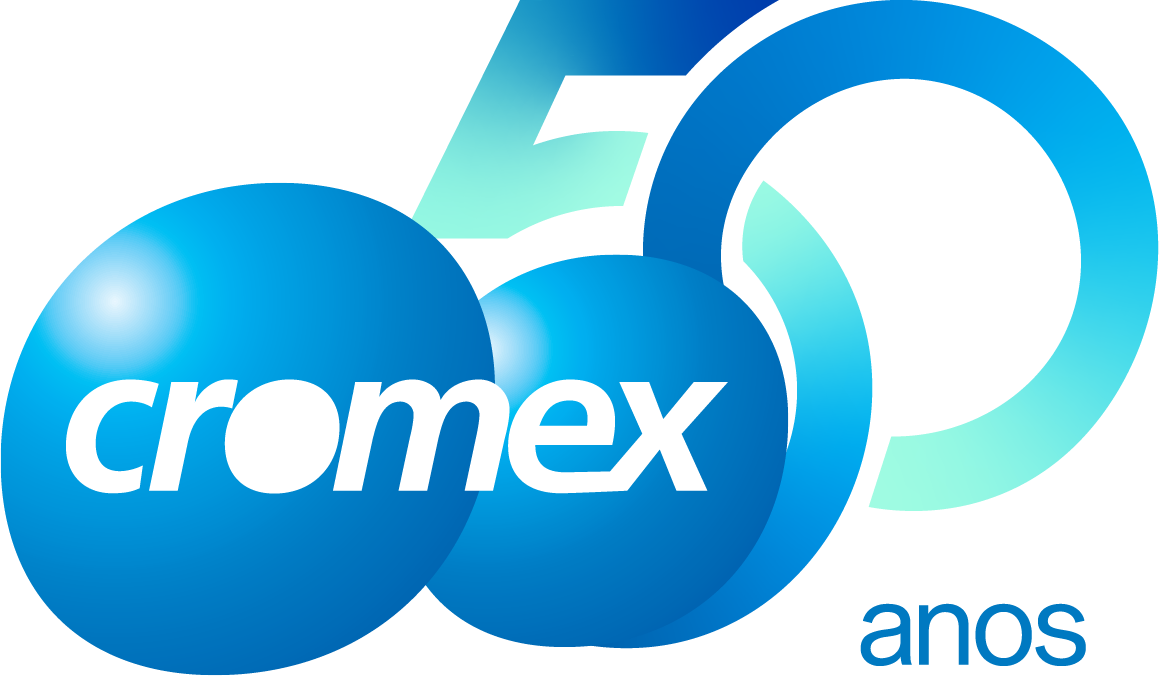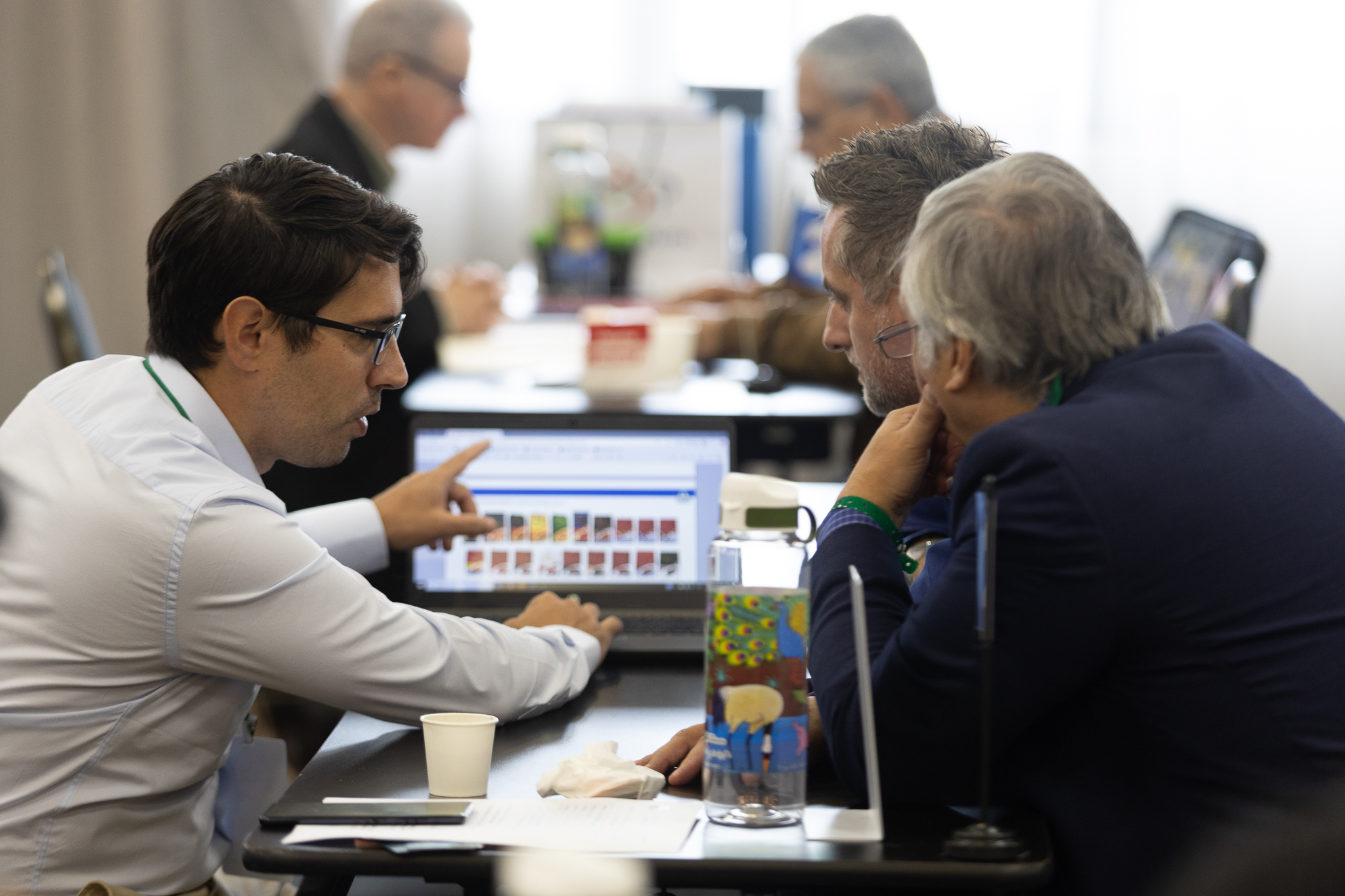In a letter sent to the Special Secretary Carlos Costa, signed by Maristela Longhi, President of ABIMÓVEL – Brazilian Association of Furniture Industries, and by Miguel Bahiense Neto, Superintendent Director of INP – National Institute of Plastics, – the national entities, partners and with synergy informed that they are united due to the recrudescence of the COVID-19 pandemic, the paralysis of industries throughout the country and, as a result of the negative impacts not yet measurable in our productive chains.
The document indicates that:
“The total shutdown of some production units and industrial parks, the impossibility of honoring with suppliers and retail, the interruption of hundreds of export contracts, the contractual and financial commitments assumed with the banking system to mature, fees and taxes to be honored at all levels (municipal, state and federal) and the thousands of employment contracts with employees in the country worry us deeply”.
Relevance of the entities’ representativeness:
ABIMÓVEL – BRAZILIAN ASSOCIATION OF FURNITURE INDUSTRIES
Industries: 18,592
Employers’ unions: 11
Jobs:339
Production of parts: 437.5 million
Exports: BRL 644 million
These figures reflect the importance of the furniture industry for the country, which represents the 8th labor intensive chain. In international trade, the Brazilian industry is the 30th exporter, with Brazil ranked 6th in the world with BRL 67.4 billion produced, and is the 68th largest importer with US$ 549 million.
INP – NATIONAL INSTITUTE OF PLASTICS
Companies: 127
Jobs: 934
Turnover: BRL 78.3 billion
Note: for each additional BRL 1 million of production in the plastic transformation sector, 29 jobs are generated, the total production of the economy increases by BRL 3.35 million and the Brazilian GDP increases by BRL 1.3 million. We also highlight the importance of the plastic sector for industries and services that supply the health/hospital and packaging markets, not only for medical products and medicines, but also for food. These, without a doubt, are sectors that have applications in plastics fundamental to the scenario that Brazil lives with COVID-19.
In view of the above, the signatory entities join and reiterate to the Brazilian authorities and their teams to evaluate the possibility of adopting measures that may minimize the impact of this crisis on companies of all sizes – small, medium and large – of our productive chains, on jobs, on debts and taxes to be honored, on the domestic market and on exports for a period of 6 to 12 months, such as:
• Change in the deadline for federal tax payments to 90 days – IPI, PIS, COFINS, INSS and FGTS;
• Increase of ACC contract terms to 540 days (the maximum today is 360 days), of PPE contracts to 360 days (today is 180 days) that are expiring. If exports stagnate industries will not be able to meet the contracts within the 360-day deadline;
• Moratorium of 3 to 4 months on financing contracts, moving the installments from April, May, June and July to the end of the financing, that is, incorporating in 3 to 4 more installments, only for companies that are up to date with their collections and obligations;
• Discount of the INSS employer’s parcel for the next 3 months;
• Zero IPI in the next 3 months, as sales fell dramatically;
• Increase in liquidity through monetary policy by reducing the compulsory collection rate;
• Opening of extraordinary budget credits as provided for in the legal framework: (i) mitigation of the health crisis; (ii) maintenance of employment; and (iii) expansion of social security;
• Stimulation to increase the supply of agile and low-cost credit for companies;
• Creation of automatic line of credit of public banks specifically for the payment of: (i) taxes and ancillary obligations whose payment deadline has been extended or not. In this case, the taxpayer may choose to extend the deadline for the payment of the tax or access the credit line for this purpose;
• Increase in the percentage of REINTEGRA credit;
• Full use of PIS/COFINS credit;
• Extension of Payroll Exemption;
• Debt Clearance Certificate: automatic renewal for 90 days of the Debt Clearance Certificates that expire in the period in which the measures against the spread of Coronavirus are in force;
• Flexibility of the rules for temporary suspension of the Employment Contract to remove the need for a collective bargaining agreement or agreement as well as the employer’s obligation to make professional qualification courses possible;
• Maintaining the legal rule that the employer may provide the employee with monthly compensatory aid, not of a salary nature, during the suspension period.
• The suspension will be made possible by direct agreement between employer and employee.
• Change of duration without the requirement of the legal minimum.
Click here to access the entire document.



